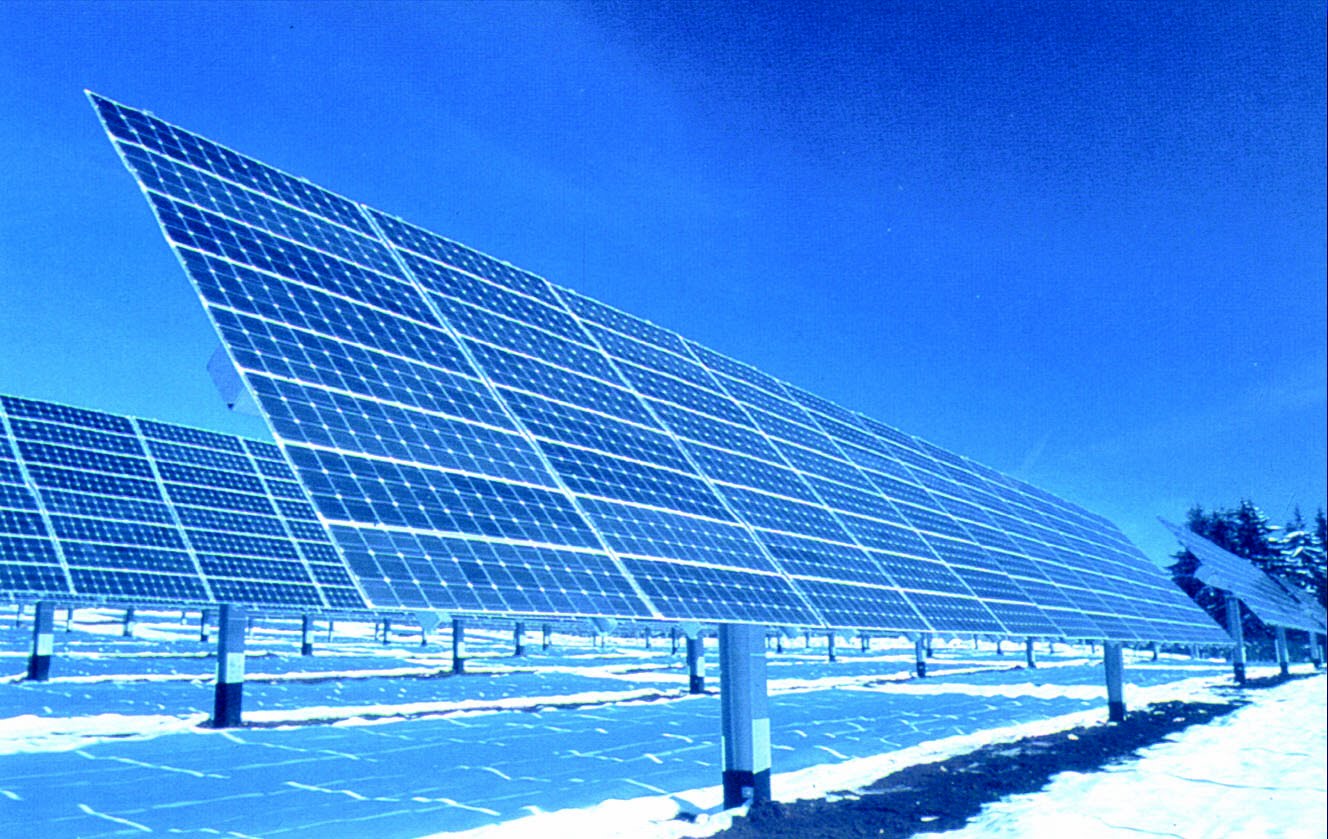Climate change: why effective drainage is more important than ever
We humans have something of a love-hate relationship with water. Without it, no life would exist. However, too much of the stuff can cause all manner of problems for people.
The UK is certainly no stranger to rain. Indeed, our unpredictable and often wet weather is something of a national obsession. However, many experts believe that due to climate change, the country may be becoming more prone to flooding than it was in the past. With this in mind, there is an even greater incentive for building designers to take the issue of drainage seriously. Effective drainage systems can help to channel water away from properties and, as a result, minimise damage.
An emerging pattern?
It is no wonder that drainage and other flood-proofing measures are such a hot topic right now. Over recent years, Britain has been battered by an array of storms and extreme weather events that have caused strife among home and business owners, leading some people to conclude that a new pattern has been established.
Last winter, heavy rain, storm surges and raised river levels caused havoc in certain parts of the country between October and February. Many rivers in southern England reached the highest levels ever recorded.
This came less than a decade after the particularly soggy summer of 2007, during which 48,000 homes and nearly 7,000 businesses were flooded. According to the Environment Agency, the events cost the economy an estimated £3.2 billion.

Meanwhile, seven years prior to this at the turn of the millennium, rain levels for autumn broke records and led to the flooding of 10,000 homes and businesses across 700 locations. Among the counties to be particularly badly hit were Kent and Sussex. Rivers including the Ouse, Uck and Medway burst their banks, causing flooding several feet deep in places.
The science
Of course, it’s impossible to extrapolate climate trends from a few extreme weather events. However, there is a growing consensus among scientists that global warming could increase the risk of flooding in certain parts of the world, including the UK. As the atmosphere warms, it becomes capable of holding more moisture. It is believed that water vapour increases globally by 7% for every degree centigrade of warming.
Meteorologists predict that the volume of precipitation will rise by 1-2% per degree of warming, and regions that are already wet are likely to get wetter. Europe is expected to see more rainfall over winter as a result of climate change.
Looking specifically at the floods of 2000, a research team led by Myles Allen of Oxford University suggested that global warming made the event more likely. The scientists ran models simulating the real weather and models of the weather as it may have been if human-related greenhouse gases were not a factor. According to the researchers, man made global warming probably doubled the risk of the floods.
Taking action
Research like this may serve as an added incentive for policymakers to take further action in a bid to reduce global warming. Meanwhile, on a smaller scale, it could focus the minds of building designers to ensure that the constructions they create are capable of withstanding even higher levels of rainfall.


0 Comments
Recommended Comments
There are no comments to display.